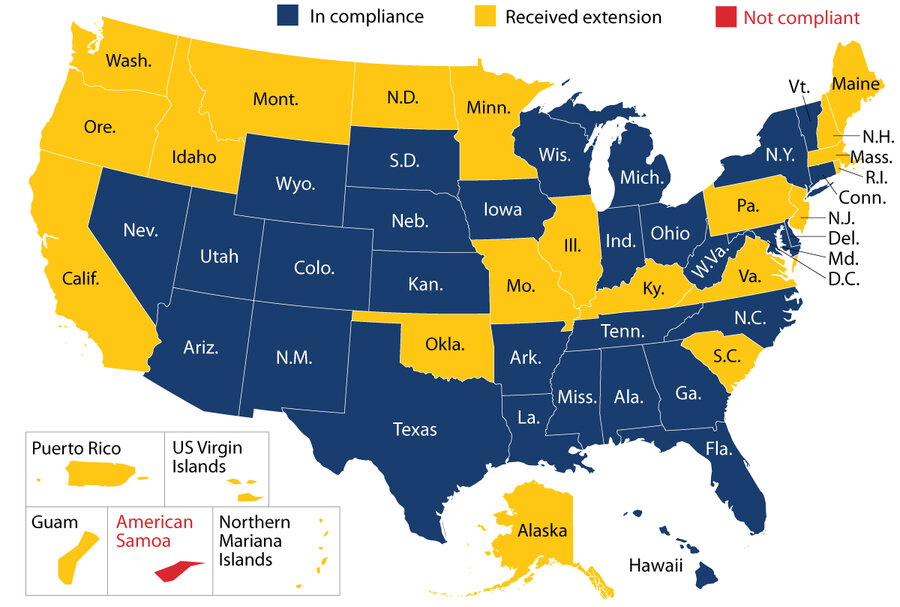The White House's distrust of Iran plays a central role in its desire to pull out of the 2015 Iran nuclear deal. But European nations, the agreement's strongest defenders, say that is exactly the reason the deal is important, and warrants continued US participation.
Monitor Daily Podcast
- Follow us:
- Apple Podcasts
- Spotify
- RSS Feed
- Download
 Amelia Newcomb
Amelia Newcomb
The life experiences that divide them would seem almost insurmountable: the Syrian torn from his community by war, the pensioner in a small English town, the recently deported migrant, the family uprooted by climate change. Yet they are often in search of the same thing: a sense of home.
That powerful desire, for a place where the rhythms of daily life are familiar and you operate without fear, looms large on the world stage, especially as society's conventional markers vanish. Robert Frost famously described it as “the place where, when you have to go there/ They have to take you in./ I should have called it/ Something you somehow haven’t to deserve.”
When it is disrupted by violence, record migration, job loss, or changing demographics, the consequences ripple widely.
We’ve seen the harsher ones: an aggressive nationalism, political divides that breed hostility. Yet a more constructive influence is at work as well. That’s the focus of our occasional series on Finding 'Home,' which we start today from Baghdad. We’ll visit the American Midwest, Mexico, rural China, South Africa, Britain, and other locales we haven't yet identified. We hope you’ll join us – and share observations from where you live – as we document the hope and vision afoot as people seek out a new sense of belonging.
Now to our five stories, including two that show the power of perseverance, neighborliness, and family bonds.











